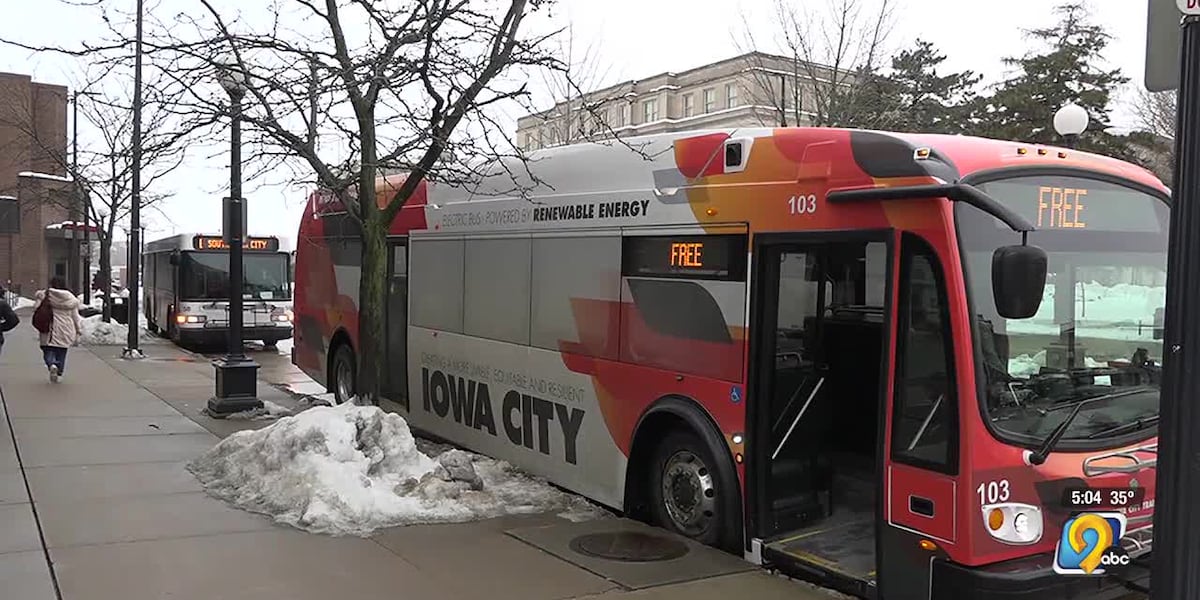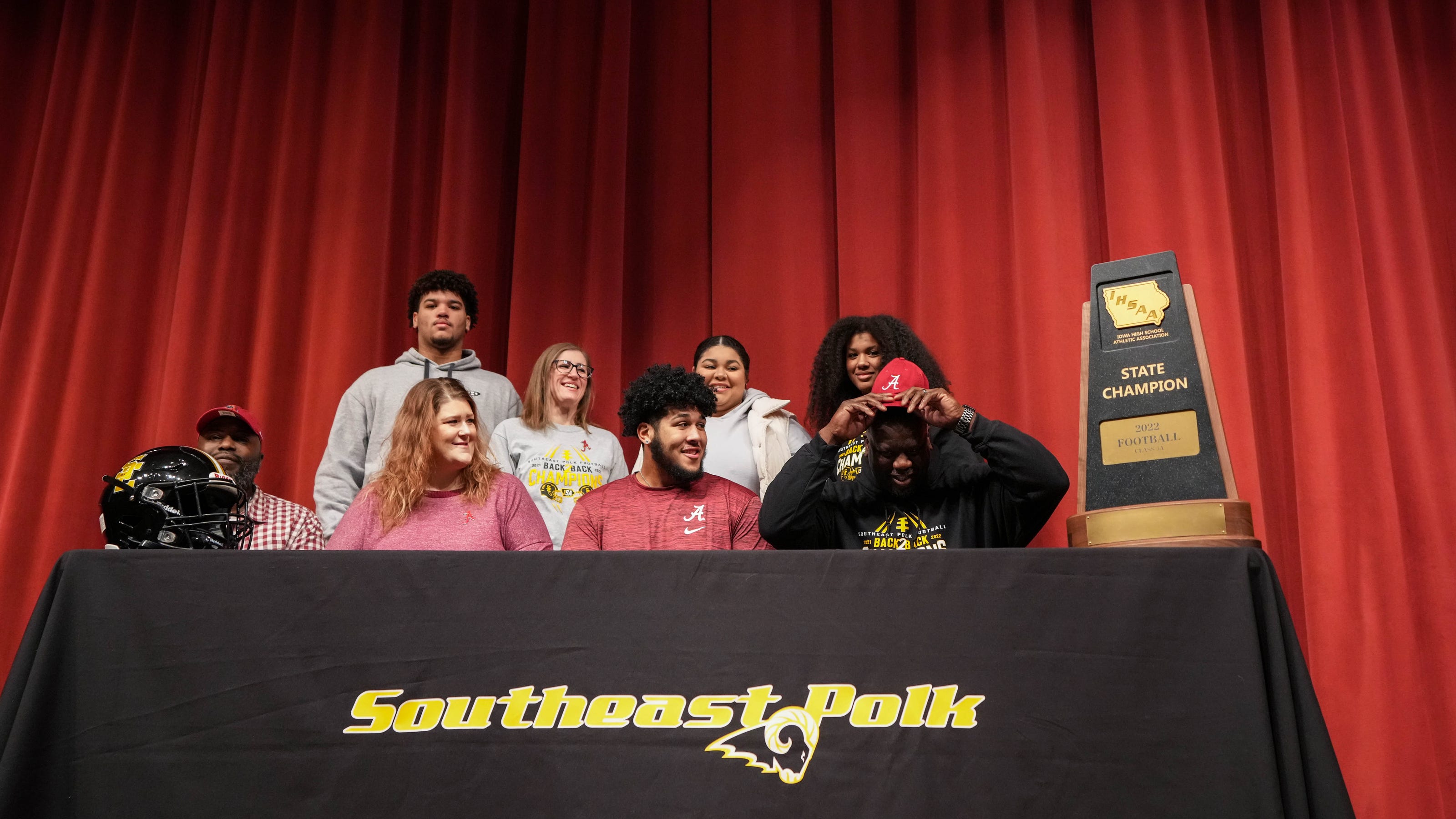What do you call a galaxy without stars?
Earlier this month, radio astronomers announced that they had discovered the darkest galaxy ever not quite seen, a cloud of hydrogen gas resembling our own Milky Way galaxy in many respects, such as its mass and rotation, but with no stars that anyone can discern.
“What we might have here —
might — is the discovery of a primordial galaxy, a galaxy that is so diffuse, it hasn’t been able to form stars readily,” Karen O’Neil of the Green Bank Observatory in West Virginia told a news conference at a meeting of the American Astronomical Society in New Orleans on Jan. 8.
That same week, a group of Spanish astronomers led by Mireia Montes, a research fellow at the Canary Islands Institute of Astrophysics, revealed the discovery of another nearly starless galaxy they called Nube, Spanish for “cloud.”
“With our present knowledge, we do not understand how a galaxy with such extreme characteristics can exist,” Dr. Montes said
in a statement released by the institute. Dr. Montes is the first author of the new paper, which was
published in the journal Astronomy & Astrophysics.
And so, we can add “dark galaxies” to “dark matter,” “dark energy” and the other terms of darkness already in the cosmic lexicon.
Dark galaxies are entities whose stars are so sparse and faint that their light cannot be discerned other than as a thin, transparent haze that doesn’t seem to contain any stars at all. (Early on, dark galaxies were referred to as “low surface-brightness galaxies” or “ultra-diffuse galaxies,” but time and jargon march on.) As astronomers continue to probe deeper into the skies with more powerful and smarter eyes, dark galaxies have begun popping up more frequently, challenging long-held views about the formation and evolution of galaxies.
The accidental galaxy
These dim ghosts are hard to find and even harder to study, requiring hours or days of observation to bring their visible starlight into focus. One way is to scan the heavens with radio telescopes tuned to the frequency of the interstellar hydrogen gas that pervades galaxies.
Dr. O’Neil was part of such a study, involving a variety of telescopes, of some 350 low-surface-brightness galaxies. “I mistyped the coordinates to the galaxy I intended to observe, resulting in the telescope pointing to a different part of the sky than intended,” she recounted recently in an email. The telescope landed on something she had never seen before.
“It’s a galaxy made only out of gas — it has no visible stars,” she said. “Stars
could be there, we just can’t see them.”
The galaxy, known as J0613+52, is about 270 million light-years away. It is swimming amid two billion solar masses worth of primordial hydrogen that was produced in the Big Bang, but the galaxy is not forming any stars, probably because the gas is too diffuse to clump together into the clouds that become stars. Moreover, there are no galaxies nearby with a gravitational influence that could trigger such clumping.
“J0613+52 appears to be both undisturbed and underdeveloped,” Dr. O’Neil said. “This could be our first discovery of a nearby galaxy made up of primordial gas.”
A diminutive Nube
The other new dark galaxy, Nube, is much smaller than J0613+52 but equally intriguing, Dr. Montes said.
The name was suggested by the 5-year-old daughter of her colleague Ignacio Trujillo, because the galaxy’s stars are so thinly spread across such a large volume that the collective was almost undetectable.
Dr. Trujillo was looking at some images from a strip of sky that had been recorded by the Sloan Digital Sky Survey, a long-running survey of the universe, when he saw a small, mysterious blur of light. After training the Gran Telescopio Canarias, currently the largest optical telescope in the world, on the faint patch of light, he concluded that it was a small galaxy. It was so transparent that he could see other, more distant galaxies behind it.
The team estimates that Nube is a
dwarf galaxy only one-tenth as bright as others of its type, yet 10 times larger than other galaxies with a comparable number of stars.
“To show what this means to anyone who knows a little astronomy, this galaxy is one-third the size of the Milky Way but has a mass similar to that of the
Small Magellanic Cloud,” she said, referring to a galaxy that is a satellite to the Milky Way and is visible in the Southern Hemisphere.
Invisible scaffolding
Over the last century, beginning with work in the 1930s by Fritz Zwicky, a Bulgarian-born Swiss astronomer at the California Institute of Technology, astronomers have slowly concluded that most of the universe is composed of stuff we can’t see. The galaxies are swaddled in clouds of so-called dark matter, which outweighs the ordinary atomic matter that we and stars are made of by 6 to 1. Nobody knows what dark matter is, but its gravity is what pulls ordinary matter into clouds that light up into stars and galaxies.
The prevailing view for the last 40 years has held that dark matter comprises hypothetical, exotic particles called weakly interacting massive particles, or wimps. Leftovers from the Big Bang, wimps are invisible and slow, compared with the speed of light, and can only be detected through their gravitational effect on other objects. In computer simulations, this “cold dark matter” reproduces the large-scale structures seen in the universe, such as galaxies and galaxy clusters.
But in computer simulations of smaller-scale structures, this model of dark matter breaks; in dwarf galaxies, for instance, such dark matter should result in higher central concentrations of stars than are actually observed. Many astrophysicists attribute this discrepancy to their inability to model complex, messy phenomena like shock waves and magnetic fields — so-called gastrophysics — that prevail when atoms get close together.
Moreover, particle physicists have failed to produce or detect any of these hypothesized particles in the lab. Some scientists have proposed the existence of other versions of dark matter. Those include “fuzzy” or “warm” dark matter, composed of hypothetical, ultralight particles called axions, and even a whole “dark sector” of invisible particles and forces that would create galaxies with a different footprint.
The study of dark galaxies offers a unique opportunity to explore the origin and evolution of galaxies — and to test ideas about the dark matter that pervades them.
Because of the optical haze in Nube, Dr. Montes said, astronomers can see the shape of the dark-matter halo that underlies the dwarf galaxy. This shape — resembling
a banana, cigar or surfboard — seems incompatible with the predicted behavior of cold dark matter and more in line with fuzzy dark matter. Such a conclusion would revolutionize physics and cosmology but is far from settled.
Jeremiah P. Ostriker, an expert at Columbia University on the evolution and structures of galaxies, agrees. In low-mass galaxies, he said, the cold dark matter model predicts that there should be more stars in the center of the galaxy and progressively fewer toward the edges. But other types of dark matter could clump differently, resulting in a more even distribution of starlight.
Advertisement
SKIP ADVERTISEMENT
“These new low-surface-brightness systems fit better with fuzzy dark matter than with cold dark matter,” he said in an email.
Dr. Montes and her co-authors aren’t so sure. “Although fuzzy dark matter could relieve some of the small-scale tensions appearing in the cold dark matter scenario, more work is needed to assess this model,” they wrote in their paper.
Dr. O’Neil and her team are hoping to detect visible starlight from the invisible galaxy J0613+52. Doing so would help them figure out what kinds of stars inhabit such a galaxy. “If we do not detect it, that, too, is exciting, as it will mean we have detected something whose stellar content is far more diffuse than anything seen to date,” she said.
And suppose they find nothing? At what point is something too dark even to be called a galaxy?
“This is a very interesting question,” she said. Traditionally, the term galaxy referred to a collection of stars and gas; then, dark matter was added.
“Now it seems that the need for stars may not be necessary in the definition,” she said. “This new type of object really opens up and forces us to revise the concept of what a galaxy is.”

 Tommy Birch
Tommy Birch